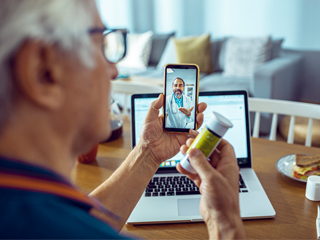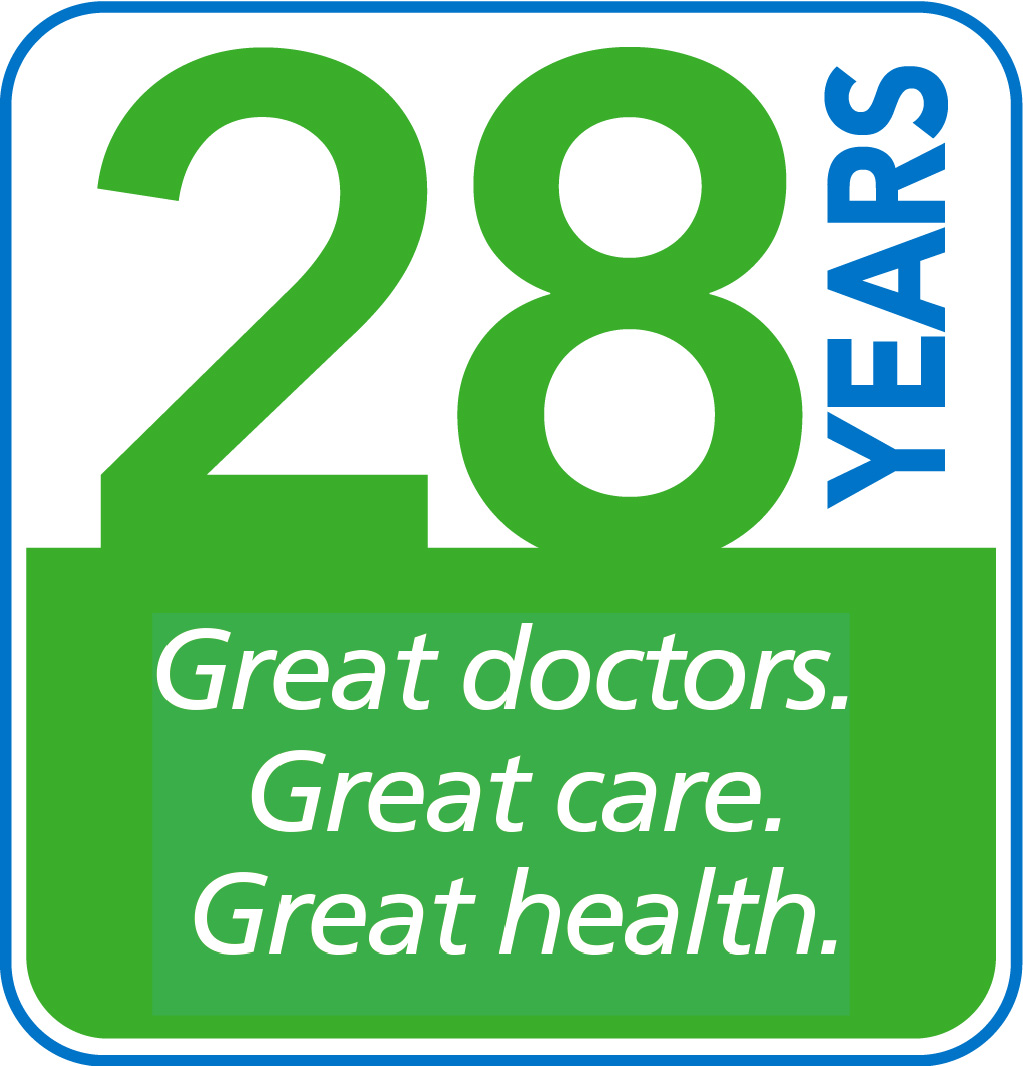Telemedicine vs. Office Visits: Which One Do You Need?

By: STEPHANIE MCKENNEY GROFF, D.O.
Since the start of the COVID-19 pandemic, MPCP has expanded our telemedicine services to give more people access to safe, convenient healthcare. Many of our patients have come to appreciate telemedicine as an alternative to office visits, receiving care in the privacy of their homes. The American Academy of Family Physicians supports telemedicine as an appropriate means of improving health. MPCP offers virtual visits during regular office hours, evenings and weekends.
Telemedicine is ideal for many types of medical appointments, but not for all of them. So when should you schedule an online visit and when should you see your doctor in-person? Here are some helpful guidelines.
Telemedicine visits are good for:
● Follow-up visits: If you’ve already seen your doctor about an illness or injury, follow-up visits using telehealth can help them monitor your progress.
● Review of lab work and imaging results: If your doctor ordered blood work or imaging to assess your concerns or symptoms, a telemedicine visit can give you adequate time to review the results and have your questions answered.
● Prescription refills: If you regularly take medication and your health hasn’t changed, your doctor can often refill your prescription after an online visit.
● Monitoring chronic conditions: Your doctor may be able to monitor a chronic health condition, such as diabetes, heart disease or asthma, and help you manage it without seeing you in the office.
● Counseling and other mental health services: Discussions about mental health, including anxiety and depression, are the top reasons people use telemedicine. Your MPCP doctor may be able to help you with these conditions and can refer you to mental health professionals if needed.
In-person visits are better for:
● Your first time seeing a doctor: It’s important to meet your new doctor so you can start building a relationship and feel comfortable with them. Also, seeing you in-person gives your doctor a baseline understanding of your health and what treatments you may need going forward.
● Physical exams: Are you concerned about a lump you found? Have pain in your joints? Doctors are skilled at recognizing signs and symptoms of disease and will understand what follow-up tests or treatment you need.
● Need for blood tests, X-rays and other imaging scans: A visit in the office allows your doctor to perform an exam to figure out which tests will be best to help with your diagnosis.
● You experience a new symptom to an existing condition: If you have a chronic condition like diabetes or heart disease, even if it is under control, your situation can change. If you notice a new symptom, you should schedule a face-to-face with your doctor.
How to schedule a telemedicine visit
To schedule an appointment during regular hours, just call your MPCP office. A medical assistant will call you before your appointment to help you connect and provide instructions on how to access the video platform that will be utilized during your visit. You may also be advised to collect your medication bottles, gather information such as your blood sugar or blood pressure logs. The medical assistant may ask you to take your temperature, weigh yourself, or provide a blood pressure reading prior to your visit.
MPCP also offers evening and weekend telemedicine visits for acute care (illness or injury) to better fit your schedule. Click here for office hours. Call 410-729-3368 to schedule an after-hours appointment.
 Dr. McKenney Groff holds her medical degree from Lake Erie College of Osteopathic Medicine and is certified by the American Academy of Family Physicians. She cares for patients in MPCP’s Annapolis office.
Dr. McKenney Groff holds her medical degree from Lake Erie College of Osteopathic Medicine and is certified by the American Academy of Family Physicians. She cares for patients in MPCP’s Annapolis office.
Recommended Posts
Move Over Lyme Disease, Here Comes Babesiosis
By Timothy Klepper, M.D.
Where Are We Now With COVID-19?
By Falana Carter, M.D.
Telemedicine: Fast, Convenient Care
By Ariel Warden-Jarrett, M.D., FAAFP



